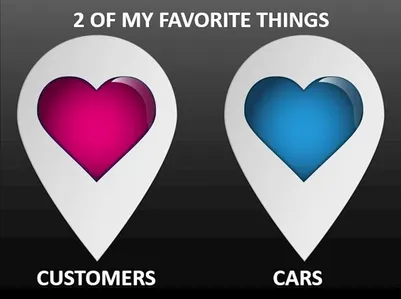When shopping for a new car, one of the options that can seem both alluring and unnecessary is the sunroof. This feature, while seemingly straightforward, carries a variety of considerations ranging from cost to functionality and even to resale value. In this blog, we'll dive deep into the pros and cons of choosing a sunroof, helping you decide whether it's worth the upgrade.
What is a Sunroof?
First, let's define what a sunroof is. A sunroof is a panel on the roof of a car that can either be opened manually or automatically to let in light and air. They come in several types, including the basic pop-up sunroofs that manually tilt to vent, sliding sunroofs that retract into the roof, and panoramic sunroofs that offer a larger opening and more light exposure.
Pros of Having a Sunroof
Enhanced Driving Experience
The primary appeal of a sunroof is the ability to let fresh air into the cabin without opening the side windows. This can be particularly enjoyable on sunny days or pleasant evenings when the weather is just right. Moreover, a sunroof can make the car's interior feel more spacious and brighter, enhancing the overall driving experience.
Improved Aesthetics
There's no denying that a sunroof can add a sleek, high-end look to any vehicle. Cars with sunroofs often appear more luxurious and attractive, which can be a significant draw for many buyers.
Increased Resale Value
In many cases, having a sunroof can increase the resale value of your car. It's a sought-after feature for many used car buyers, and as such, it can make your vehicle stand out in the crowded second-hand market.
Cons of Having a Sunroof
Cost
The first and perhaps most significant drawback is the cost. Installing a sunroof can be an expensive addition. This cost goes up further if you opt for more advanced options like a panoramic sunroof.
Potential for Leaks and Repairs
Sunroofs can sometimes develop leaks as the car ages. The seals and drainage systems can fail, leading to water entering the cabin during rain. Additionally, mechanical failures can occur, requiring costly repairs, especially for those that open and close automatically.
Reduced Headroom
Adding a sunroof usually means some loss of headroom inside the car. This could be a critical factor for taller drivers or passengers who may find the reduced clearance uncomfortable.
Impact on Vehicle Structure
A sunroof can affect the structural integrity of a vehicle because it requires cutting a large hole in the roof. This can slightly decrease the vehicle's overall rigidity and, in some cases, may affect its performance in rollover accidents.
Making the Decision
Deciding whether to opt for a sunroof depends largely on your personal preferences and the climate where you live. If you enjoy fresh air and natural light and don't mind the additional cost, a sunroof can be a wonderful feature that enhances your driving experience. However, if you prioritize cost-saving, maximum headroom, and structural integrity, you might want to skip this upgrade.
Ultimately, the decision to choose a sunroof should be based on a balance of aesthetic preferences, functionality, and practical considerations. Before making your final choice, consider test driving cars with and without sunroofs to see which experience you prefer. This firsthand experience can be invaluable in making a decision that you'll be happy with for the life of your car.
Contact me and let me help you on your new car journey!
Ethan Bender
(662) 874-7442
Homer Skelton Ford











